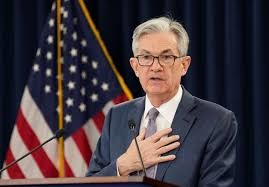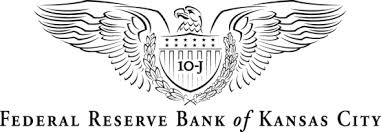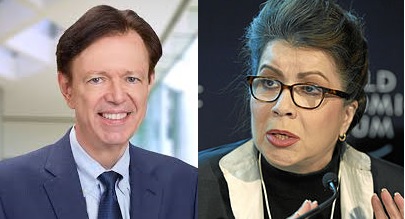Central bank balance sheet as a policy tool: past, present and future

Mr. Andrew Bailey, Governor, Bank of England, delivered the opening remarks on the second day of the Kansas City Fed’s annual Jackson Hole Symposium, on 28 August 2020. He spoke on “Central bank balance sheet as a policy tool: past, present and future”, based on a paper (see here) with the same title, prepared jointly with Jonathan Bridges, Richard Harrison, Josh Jones and Aakash Mankodi. Continue reading “Andrew Bailey at Jackson Hole”
![]()






